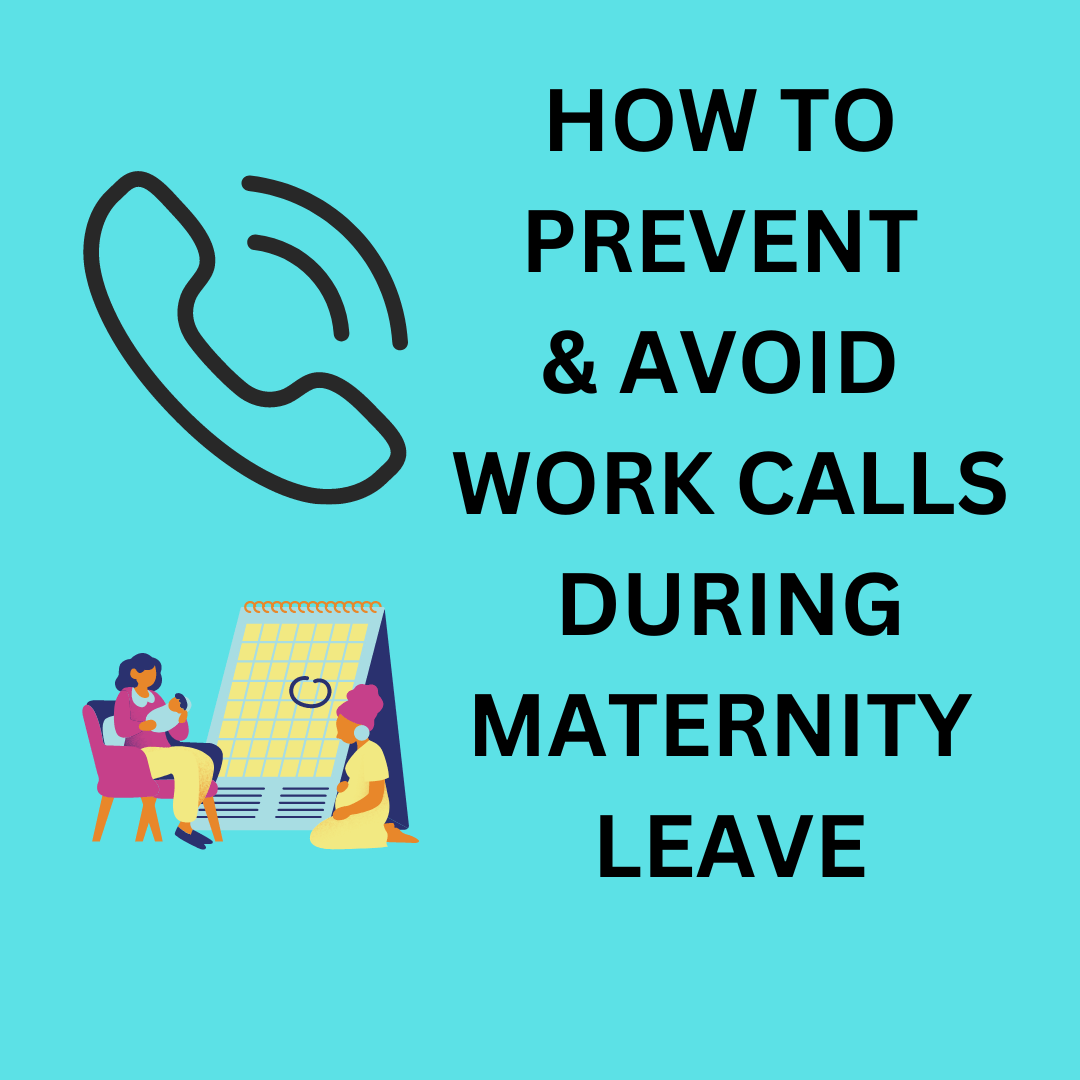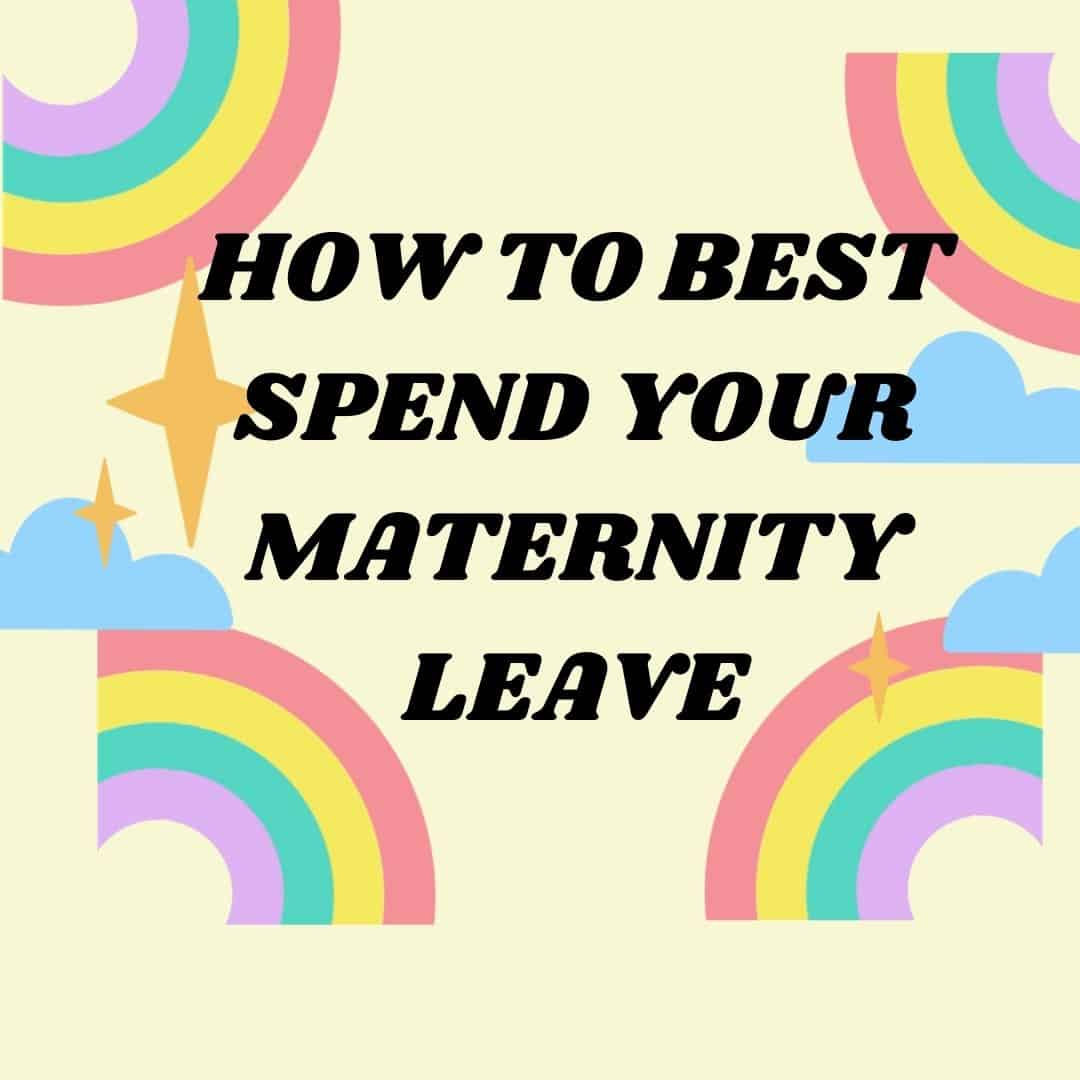Unlike what the world wants us to believe, gender-based discrimination is still very live in the workplace. Women are still biased, stereotyped and discriminated against simply based on their female gender. From hiring to salary to promotion, women often suffer high discrimination compared to their male counterparts.
While all women are generally exposed to this bias, expecting mothers are the most affected. The discrimination may be seen in hiring, firing, salary, leave, promotion or other terms of employment procedures.
However you do not have to put up with it. There are many options that you can take to safeguard yourself from workplace discrimination at including taking legal action with a discrimination lawyer. You need to educate yourself about your rights as a pregnant woman,
How to Address Pregnancy Discrimination at Work
Step 1. Educate Yourself on your Rights
Please know pregnancy discrimination is against the law and you have rights as a pregnant woman. If you are pregnant or know someone pregnant at the risk of discrimination, it is very important to educate yourself about the laws that protect women against discrimination at work.
Every state or country has its discrimination law regarding pregnancy discrimination. Some terms may differ from one state to another but they all protect pregnant women from discrimination such as the Pregnancy Discrimination Act in the US.
Know your rights as they apply to you because it is only with this knowledge that you can be able to identify cases of pregnancy discrimination concerning you.
What the Law Says about your Rights as Pregnant Women at Work
- The law recognizes that pregnancy is to be considered a temporary disability as it may include severe morning sickness, doctor authorized bed rest, and recovery from childbirth among other health considerations.
- The discrimination laws offer that pregnant women and women from childbirth are in the same category as employees in temporary disability.
- As a pregnant woman, you have a right to work as long as you can perform most of your duties. You must be accorded the same treatment that is accorded to temporarily disabled employees.
- It is against the law to demote, fire or deny you leave among other things based on your pregnancy.
- You have a right to same pay you were receiving before and also retain your job after childbirth.
- You are entitled to these rights and benefits for a pregnant woman even if you are not married.
Read: Why & When to Quit Job due to Pregnancy

Step 2. Report your Pregnancy to Employer Early
I know many women keep the pregnancy to themselves until the pregnancy shows for itself. This may be for personal reasons but for better protection against pregnancy discrimination at your workplace, it is best to officially announce your pregnancy to your employer, and also make it early enough.
Read: Why, How and When to Disclose Pregnancy to Employer
Make this communication as early as possible to your supervisor and HR office as it gives you a higher chance of proving pregnancy discrimination were it to happen. Failing to do only gives your employer a loophole of proving your case wrong.
If you were to get discriminated based on your pregnancy, news of which came elsewhere, your employer can prove there is no pregnancy discrimination as they were unaware of your pregnancy in the first place. Once you have officially announced your pregnancy you are protected by the anti-discrimination law in your country.
In addition, inform your employer if you have any health conditions that needs to be considered. They may include diabetes or pre-eclampsia among others that require special conditions to be requested from your employer. You might be entitled to some considerations such as time off, frequent breaks, or bed rest among others whose request can only be honored when you announce your pregnancy.

Step 3. Watch Out For Workplace Discrimination
Once you have had the information and awareness of pregnancy discrimination, you are ready to identify pregnancy workplace discrimination should it happen to you. Pregnancy discrimination entails being treated differently because you are pregnant.
Signs of pregnancy discrimination at work includes
- Being denied time off,
- Being denied promotions,
- Being denied work restrictions,
- Being fired
- Any other negative action
The scale and presentation may differ but if there is any discrimination, you should be able to find out. If you feel something would not have happened were it not for your pregnancy, then it is probably discrimination, especially if other people in your situation are not receiving the same treatment.

Step 4. Document Your Evidence
Documents are your sure proof that discrimination at work actually happened. It is for this reason that you must keep and make copies of key documents and communications with your employer that might affect your case against pregnancy discrimination.
Keep records of your letters of commendations, terms of engagement, promotion letters, work evaluations, medical records, and appraisals among others. Ensure you retain any copies of any communication you make with your employer such as a request for leave among others.
If you were demoted or fired or your salary cut, request for an official communication letter pertaining the reasons for this action. Ensure you have all documentation evidence of your case should you need to pursue the case further and prove your accusations.
To prove your case you may also want to make proof that an employee or other employees in a similar situation i.e. temporary disability were treated differently than you. You hence need to have documentation on the same. The employer will then be required to elaborate their reason for the variance in treating the employees differently.
Step 5: Choose an Action
After going through the above steps and confirming that you are a victim of pregnancy discrimination at the workplace, then it is time to take action. It is still shocking that most pregnant women who face discrimination at the workplace take no action against the offence.
However, I believe taking action is the first step toward getting retribution and working out a path for other pregnant women in future at your workplace. Now I recommend reading your company policies regarding making and reporting discrimination cases at your workplace. Follow the guidelines and report your discrimination case in writing to the HR office. Keep a copy of this complaint as well.
Hopefully, your HR office will look into your case and make any corrections needed. The action will be guided by your company policies as well as your country’s anti-discrimination law. In some cases, women can handle pregnancy discrimination cases internally with the HR office and offer remedies. However, if the HR office does not solve your case, you have a legal option
Step 6. Involve a Discrimination Lawyer
Depending on your personal decision and the gravity of your pregnancy discrimination at work you may want to pursue your case legally with the help of a discrimination lawyer. This is especially so if your employer is not interested in solving your case internally.
Consult a lawyer and give his/her details of your case and get the advice if you have a case in a court of law. This is where your documentation will come in handy as they will be used as evidence in court. Also ensure you follow all set guidelines such as timeline for filing a case to avoid getting locked out.
If successful you will get remedies such as payback, being rehired, being promoted, and getting compensations for damages, among others.
Read: How to Address Sexual Harassment at Work
Last Word !!!
It is important to note that the implications and conditions of a court case on pregnancy discrimination at the work place cannot be predetermined. Often the case takes a long time, even over three years in court. It can hence be very emotionally, physically and financially draining.
Brave yourself and get the courage for what it takes to see you through as the rewards are worth it. Hopefully, everything will work out in your favor and you will be able to enjoy a lot of benefits. You will get remedies such as payback, being rehired, being promoted, and getting compensations for damages, among others. Generally your case will as reference and a deterrent of future pregnancy discrimination at your workplace.
Related Articles
How to Hide Pregnancy during Interview
Things to do During your Maternity Leave
Questions to Ask HR about Maternity Leave
Reasons to Take an Early Maternity Leave
When to Start Looking for Daycare when Pregnant



